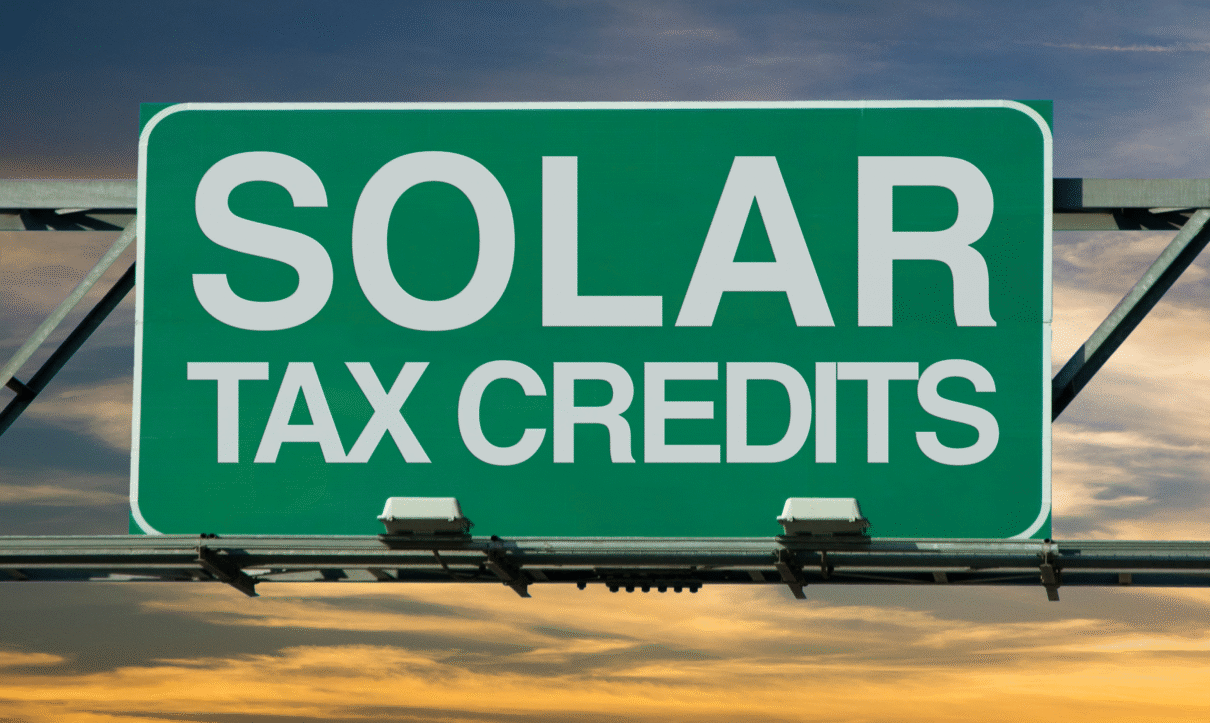Rushing to Go Solar? Here’s Why Timing Matters Now
Homeowners across the U.S. are facing a deadline that could cost them thousands: the end of the 30% federal solar tax credit in 2025. This incentive, known as the Investment Tax Credit (ITC), allows homeowners to deduct 30% of their solar installation costs from their federal taxes. But it’s set to expire for residential solar after December 31, 2025.
If you’ve been thinking about going solar, now is the time to act before higher costs and tighter regulations kick in.
What’s Happening Right Now?
According to a recent report by the Washington Post, the solar energy market is at a turning point. With the government shifting priorities and the 30% tax credit set to expire, homeowners are rushing to install solar before it becomes significantly more expensive.
Meanwhile, the Solar Energy Industries Association (SEIA) reports that residential solar installations are already slowing, down 13% year-over-year. Demand remains strong, but hesitation around financing and changing regulations is adding pressure to act soon.
How Much Will You Lose After 2025?
Let’s break down the numbers. If you plan to install a solar system that costs $30,000:
- With the 30% credit (before end of 2025), you save $9,000 in federal taxes.
- After the credit expires, that full cost becomes your responsibility.
And that’s not all. As demand spikes toward the end of the credit, so will prices and lead times. Waiting too long could mean:
- Higher costs from installer backlog
- Delays in permits and utility approvals
- Risk of missing the deadline entirely
Market Snapshot: Why the Shift?
While large-scale solar farms are still expanding, the residential sector is feeling the crunch. According to SEIA data:
- Utility-scale solar up 22% in early 2025
- Residential solar down 13% in the same period
Some of this is due to confusion about incentives. Others cite challenges with solar loans, including rising default rates from companies like GoodLeap, as reported by the Wall Street Journal.
What Homeowners Should Do Now
Here are a few tips to protect your savings and take advantage of the current incentive:
- Start your solar evaluation now: Don’t wait for last-minute deadlines.
- Use reputable, certified installers: Your system must be operational or in progress before 2026 to qualify.
- Explore secure financing or cash options: Lock in stable payments now before rates shift again.
What About Florida?
If you live in Florida, the sunshine state offers additional reasons to go solar sooner:
- No state income tax means the federal credit matters even more
- Florida’s property tax exemption on solar remains in place
- Home values with solar still see premium increases of 4% to 7%
Final Thoughts
Installing solar is no longer just about saving money—it’s about beating the clock. With only 1.5 years left on the federal credit, smart homeowners are making the move now.
If you’re ready to talk options, upgrades, or a custom design, we’re here to help.
Learn more from the U.S. Department of Energy: Homeowner’s Guide to the Federal Tax Credit



